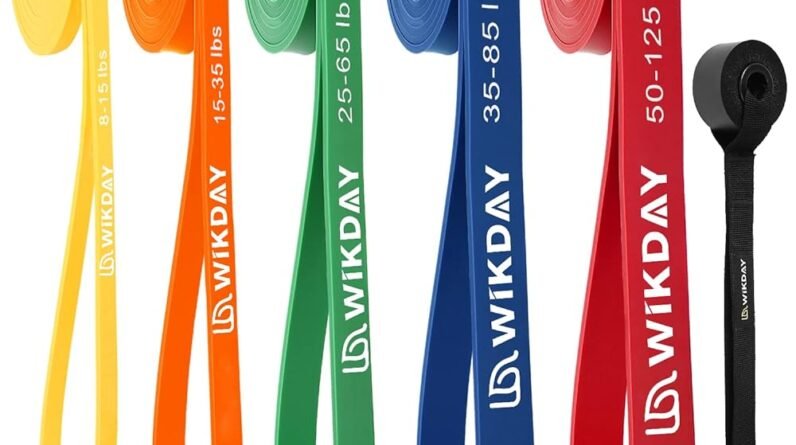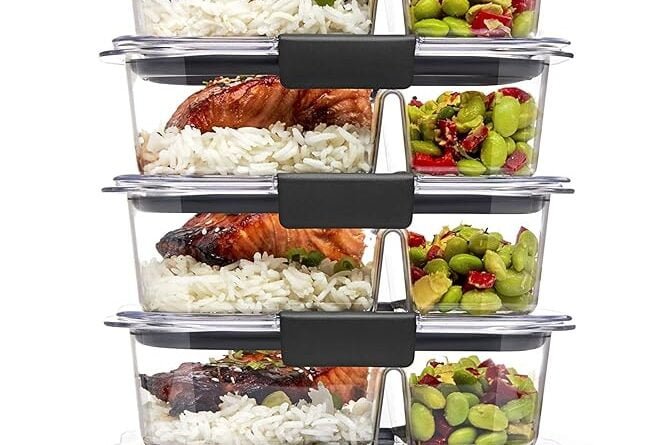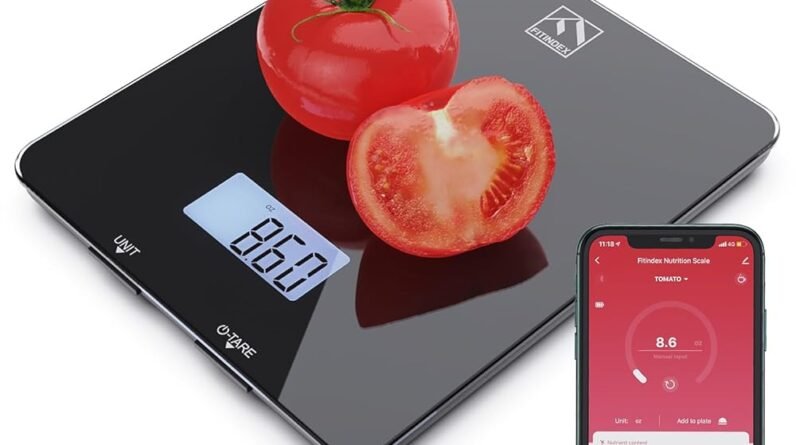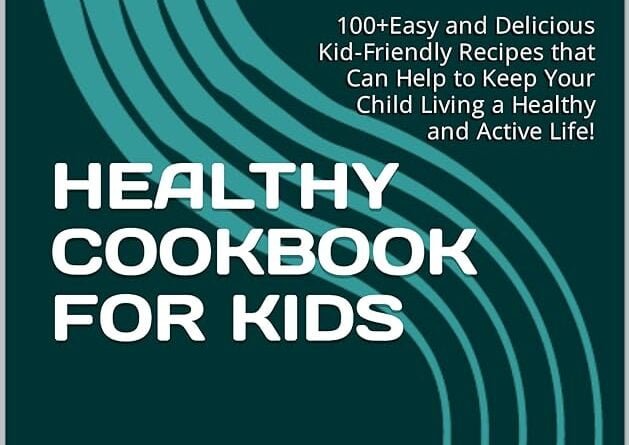
Hey there! Are you looking to boost your health and wellness game? Well, look no further because we’ve got the ultimate list for you. In this post, we’ll be covering the top 6 must-have nutritional guide products that will take your nutrition to the next level. So, if you’re ready to supercharge your diet and fuel your body with all the right nutrients, let’s dive right in!






1
NutriSearch Comparative Guide
The NutriSearch Comparative Guide to Nutritional Supplements for the Americas (6th Edition) is a comprehensive and up-to-date resource that has been completely rewritten to incorporate the latest groundbreaking discoveries in nutritional research. This guide goes beyond a simple update, offering you a wealth of knowledge based on the most recent scientific understanding of how nutritional supplements can support your health and well-being. Whether you’re a health-conscious individual or a healthcare professional, this guide will provide you with invaluable insights into the world of nutritional supplements.
Permacharts Food Nutrition Index Guide
This handy Guide, the Permacharts Food Nutrition Index Guide, is a 4-page laminated reference that provides essential information on over 100 different foods. It breaks down the nutritional values of each food in an easy-to-follow concise format. However, some reviewers mention that it may not cover all commonly eaten foods, so it could be a starting point for your quest for nutritional information. Overall, it’s a great tool to help you make healthy choices and understand the nutritional value of the foods you eat.


Nutritional Healing Guide: Supplements, 6th Edition
Prescription for Nutritional Healing: The A-to-Z Guide to Supplements, 6th Edition is the ultimate resource for those seeking natural remedies and holistic health solutions. This pocket-sized edition has been completely updated for the twenty-first century, making it the most trusted guide available. Whether you’re looking for information on vitamins, minerals, herbs, or more, this comprehensive guide has everything you need to know. With decades of trusted advice, millions of people have turned to Prescription for Nutritional Healing to improve their health, and now you can too.


Nutrition Guide, 5th Ed by Academy of Nutrition and Dietetics
The Academy of Nutrition and Dietetics Complete Food and Nutrition Guide, 5th Ed is the newest edition of the most trusted nutrition bible. This comprehensive guide has been the gold-standard resource since its first edition in 1996, providing expert advice on healthy eating and nutrition. Whether you’re looking to improve your diet, manage a specific health condition, or simply learn more about nutrition, this guide has you covered. With its wealth of information and easy-to-understand language, it’s the go-to resource for anyone seeking to make informed choices about their food and nutrition.
Lymphedema Nutrition Guide: Essential Dietary Support
Are you looking for a solution to manage your lymphedema and lipedema symptoms? Look no further than the Lymphedema and Lipedema Nutrition Guide. This comprehensive guide will educate you on the power of food choices in fighting these conditions, as well as cancer. By understanding how certain foods can contribute to symptoms and related conditions, you can make informed choices and improve your overall well-being. Say goodbye to pain and embrace a healthier lifestyle with the help of this invaluable resource.
NutriSearch Guide: Nutritional Supplements for Americas
The NutriSearch Comparative Guide to Nutritional Supplements: for the Americas is an extensively revised 6th edition that goes beyond being a simple update. This guide has been completely rewritten to incorporate the latest groundbreaking discoveries in nutritional research. With a focus on the Americas, it provides a comprehensive overview of our evolving scientific understanding of how dietary supplements can support optimal health. Whether you are a healthcare professional or a consumer looking for reliable information, this guide is an invaluable resource for making informed decisions about nutritional supplements.
Healthier Options to Consider



Affordable and Transparent Pricing
- Organic fruits and vegetables: Prices vary depending on the type of produce and whether they are in season or not. You can find affordable options at local farmers markets or grocery stores, but specialty organic stores might have higher prices
- Whole grains (rice, quinoa, oats): Prices can range from budget-friendly to more expensive depending on the brand, packaging, and whether they are organic or not. Generic store brands are usually more affordable
- Lean protein sources (chicken breast, fish, tofu): Prices will vary based on the type of protein and quality. Usually, chicken breast is more budget-friendly, while fish and organic tofu may be slightly pricier
- Dairy products (milk, cheese, yogurt): Dairy products can have a wide range of prices depending on the brand, type (organic, non-dairy alternatives), and quantity. Store brands are usually cheaper, while specialty or organic options may cost more
- Plant-based alternatives (soy milk, almond milk, vegan cheese): Prices may be higher than traditional dairy products due to the processing and ingredients involved. Generic brands might be more affordable, but specialty brands may have higher prices
- Healthy snacks (nuts, seeds, granola bars): Prices can vary depending on the brand, packaging, and whether they are organic or not. Bulk bins or store brands can be more cost-effective
- Nutritional supplements (protein powder, vitamins): Prices will depend on the brand, quality, and quantity of the supplements. Higher-end brands or specialized formulas may come with a higher price tag
- Remember, these price ranges are approximate and can vary based on location and market conditions. It’s always a good idea to compare prices and look for deals to get the best value for your money
Why Our Nutrition Guidelines Are Terrible – Find Out Here!
Top Picks
Got questions about our Nutritional Guide? We’ve got answers!
Are Nutritional Guides only applicable to packaged or processed foods?
No, nutritional guides are not only applicable to packaged or processed foods. They can be used for all types of foods, including fresh fruits, vegetables, meats, and dairy products. Nutritional guides provide information about the various nutrients present in different foods and can help you make informed choices about your diet. So, whether you’re eating a pre-packaged meal or cooking a homemade dish, nutritional guides can still be beneficial in understanding the nutritional content of the food you consume.
Are Nutritional Guides only important for people trying to lose weight?
No, Nutritional Guides are not only important for people trying to lose weight. They are beneficial for everyone, regardless of their weight goals. Nutritional Guides provide information about the recommended intake of essential nutrients, vitamins, and minerals necessary for overall health and well-being. They can help you make informed choices about your diet, promote a balanced and varied eating pattern, and prevent nutrient deficiencies or excesses. Whether you’re trying to maintain a healthy weight, gain muscle, improve your energy levels, or simply lead a healthier lifestyle, Nutritional Guides can be a valuable tool to ensure you’re getting the right nutrients in the right amounts.
How can you interpret the information on a Nutritional Guide?
When interpreting the information on a Nutritional Guide, there are a few key things to keep in mind. First, look at the serving size listed for each item. This will help you understand how much of the food the nutritional information applies to.
Next, take a look at the calories per serving. This will give you an idea of how many calories you will be consuming with one serving of the food.
Then, check the macronutrients such as fat, carbohydrates, and protein. These are often listed in grams and will show you the amount of each nutrient per serving.
You may also find information on vitamins and minerals. These can be important for your overall health and well-being, so it’s worth paying attention to them as well.
Lastly, keep in mind that the percentages listed on the Nutritional Guide are based on a 2,000-calorie diet. If your calorie needs are different, you’ll need to adjust the percentages accordingly.
By taking all of this information into account, you can make informed decisions about your diet and choose foods that align with your nutritional goals.
Can a Nutritional Guide help you achieve your weight loss goals?
Yes, a Nutritional Guide can definitely help you achieve your weight loss goals! It provides you with valuable information about the nutritional content of different foods and helps you make healthier choices. By following a Nutritional Guide, you can create a well-balanced and calorie-controlled meal plan, which is crucial for weight loss. It helps you understand portion sizes, choose nutrient-dense foods, and avoid excessive calories, sugars, and fats. Additionally, a Nutritional Guide can educate you about the importance of regular exercise and hydration in achieving your weight loss goals. Remember, consistency and commitment to healthy eating habits are key to success!






